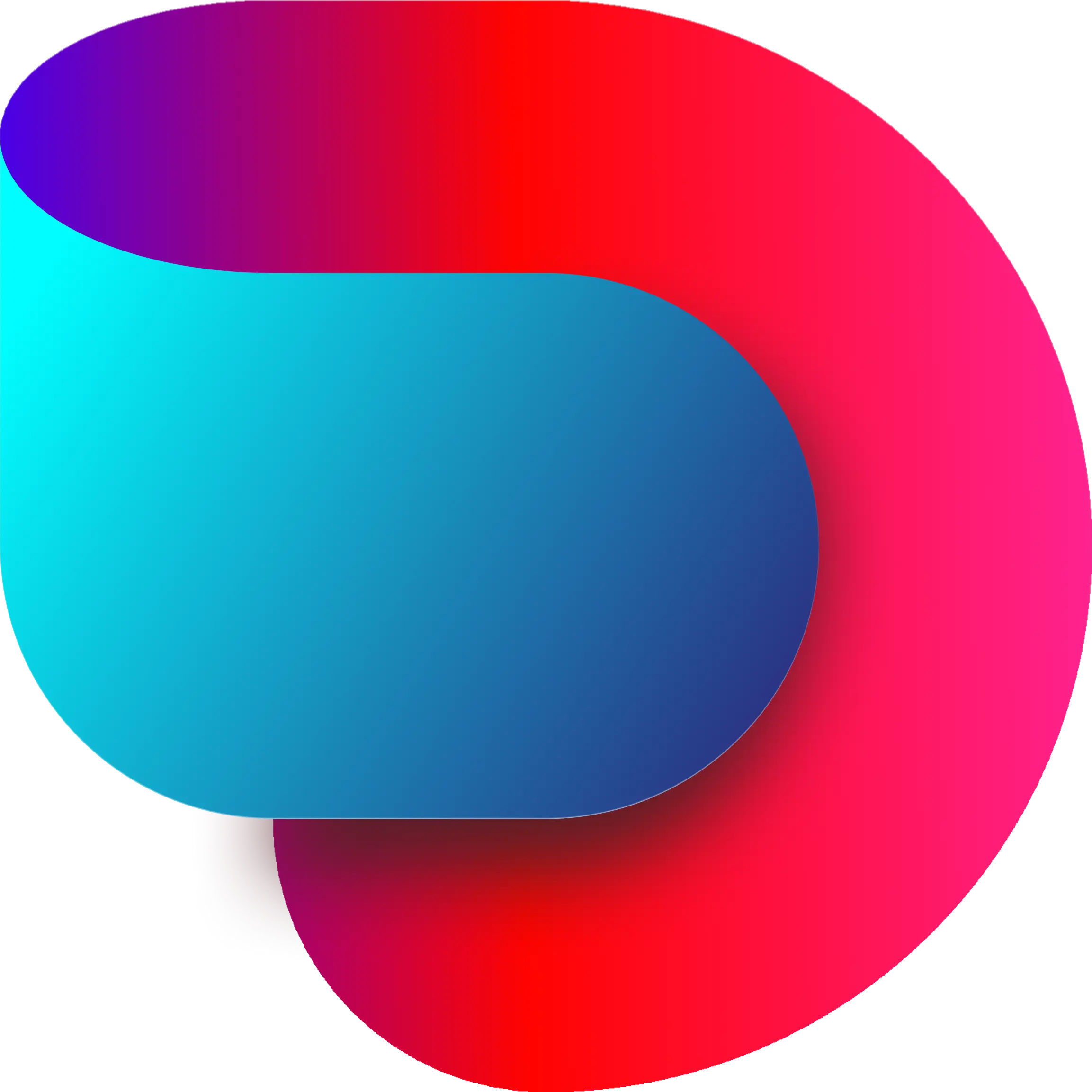Differences between American Comics and Japanese Manga
Understand key differences between American comics and Japanese manga. Discover their unique histories, art styles, storytelling, characters, and themes.
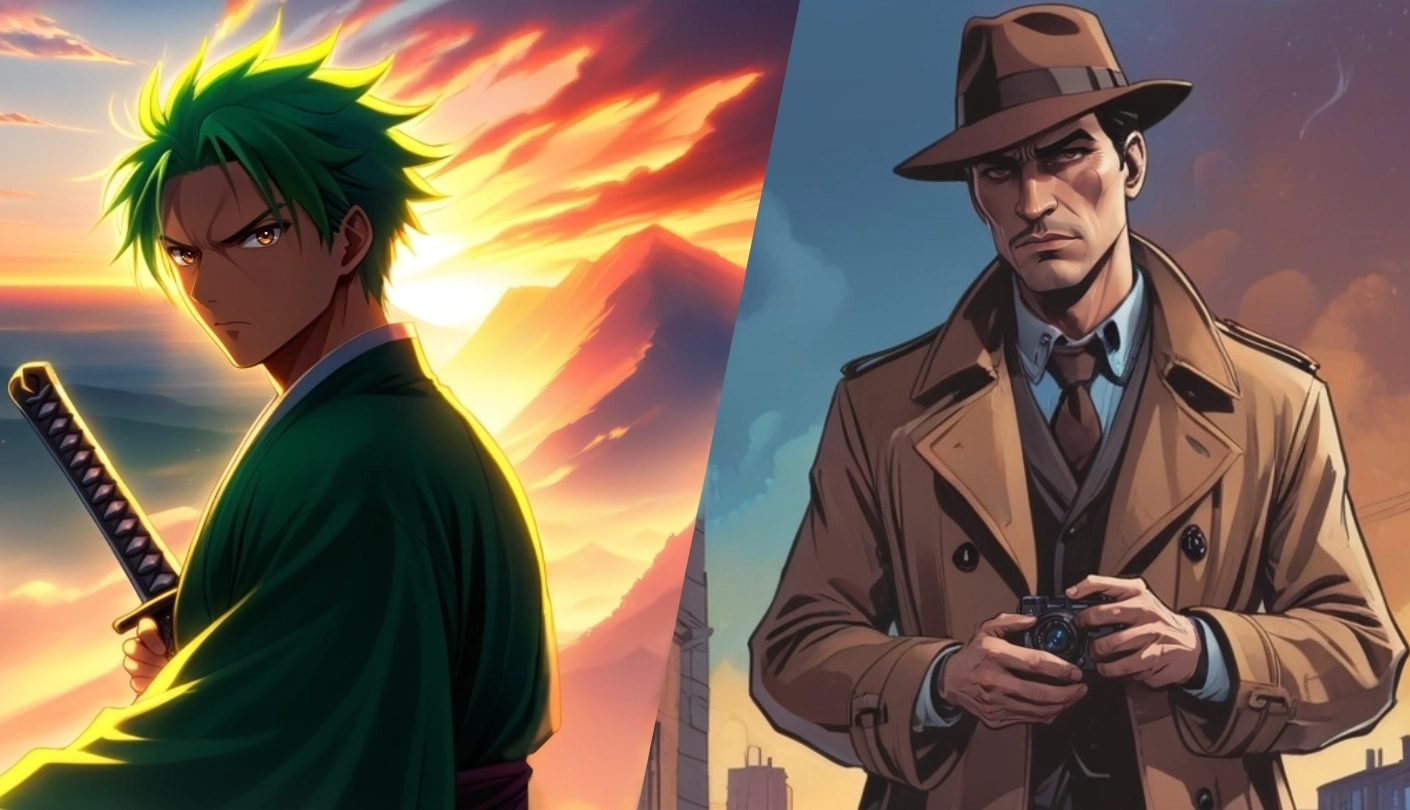
Ever feel like Superman and Goku are sharing a laugh backstage, each boasting about the incredible worlds they protect? Sure, they both fight for justice, but beneath the surface lie vastly different challenges.
Let's unravel the unique worlds they come from!
Introduction
In action-packed universes, graphic novels present larger-than-life characters within thrilling storylines. Where Superman comes from American comics, Goku belongs to Japanese manga. Under the debate of manga vs. comics lies unique storytelling traditions. Both these mediums captivate readers with fantastical tales, but their styles and stories are as unique as their heroes.
American comics boast a rich history, dating back to the late 19th century. Early newspaper strips featured iconic characters like Superman, introduced in 1938. Conversely, manga emerged in Japan during the late 19th and early 20th centuries, heavily influenced by traditional Japanese woodblock prints and storytelling. Today, both comics and manga have become powerful cultural forces, influencing movies, video games, and even fashion across the globe.
So, buckle up, and let's dive into the exciting universes of American comics and Japanese manga!
Manga vs. Comics: Highlighting Key Differences
Both American comics and Japanese manga are notable for their profound cultural and societal impacts, resonating with readers across the globe. American comics often reflect Western ideals of justice and heroism, addressing contemporary social issues and inspiring global audiences. Titles like Maus and American Splendor have expanded the scope of the medium, offering deeper, more personal narratives.
Conversely, manga's influence extends beyond Japan, affecting international pop culture and fostering a global appreciation for its storytelling techniques and themes. Major franchises like Dragon Ball and One Piece have become cultural phenomena, cementing manga's global appeal.
Despite the discussion on manga vs. comics, both are two titans of the comic book world. They are unique ways to explore stories and fantastical worlds. So, buckle up, and let's explore the distinct universes of manga vs. comics!
Formats and Distribution
When it comes to picking up a manga vs. comics, you might notice a difference in presentation. Publishers often sell manga in collected volumes called 'tankobon' or serialize it in weekly magazines, typically printing it in black and white.
On the other hand, American comics are distributed as single, full-color issues or collected editions called 'Omnibus' editions, offering a wider variety of formats and paper quality.
And speaking of differences, wait until you hear about the unique reading directions and panel orders in these fascinating worlds!
Reading Direction and Panel Order
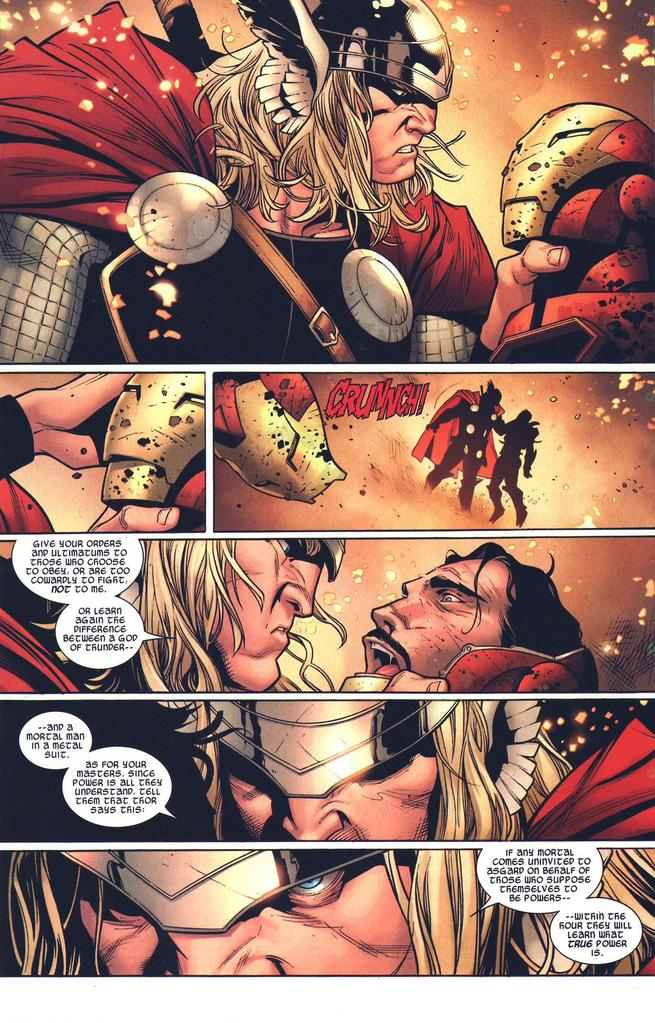
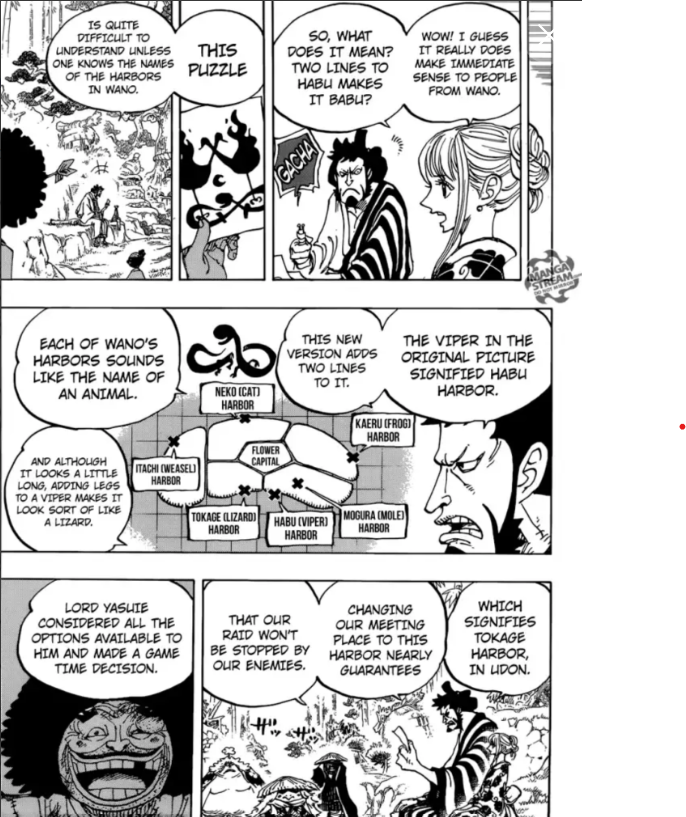
Image 1: American comics reading from left to right
Image 2: Manga read from right to left
(Source: Comic Vine)
(Source: Quora)
Here's a fun fact that might surprise you! Manga is traditionally read from right to left, both when turning the pages and following the panels within a page. This reflects the natural direction of reading in Japanese. Conversely, American comics follow the Western reading style, from left to right. It might feel a little strange at first, but you'll get the hang of it in no time!
With that in mind, let's discuss the visually striking art styles that make manga and American comics unforgettable.
Also Read: Beyond the Frame: Learn How to Read Manga
Exploring Art Style and Coloring
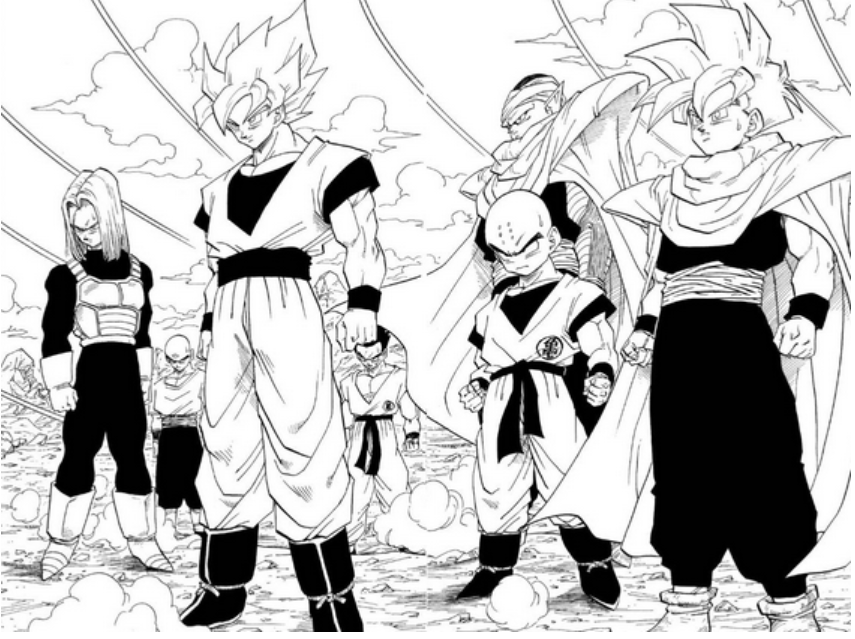
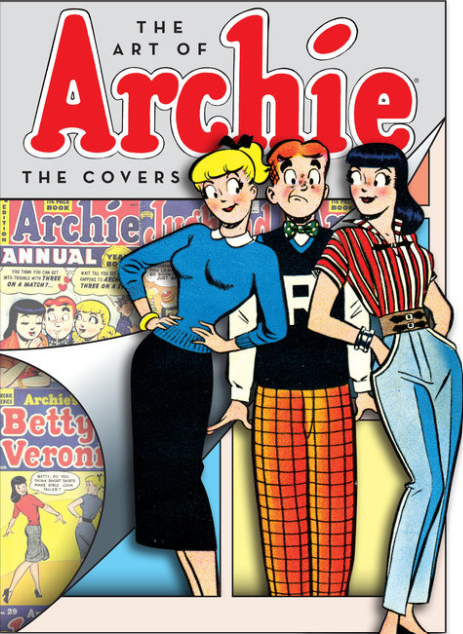
Image 1: Manga Coloring Style
Image 2: American comics coloring style
American comics are often a visual feast, typically in full color, showcasing detailed artwork, vibrant character designs, and explosive action sequences. Contrary to that, manga traditionally embraces black-and-white art, with some special editions featuring color pages for emphasis. This allows artists to focus on bold lines, dynamic expressions, and dramatic layouts.
Character Development and Power Levels
Have you ever noticed how the twins Jaden and Malia from The Secret of Giza undergo significant transformations and power-level increases throughout their stories? That's a common trope in manga, where characters often undergo significant transformations and power-level increases throughout the story. This reflects a focus on character growth, a prevalent theme particularly emphasized in many manga series.
American comic book heroes, like Ironman, tend to maintain a more consistent power set, with occasional temporary power-ups or depowering. The core strengths of even Captain America stay relatively constant throughout the stories. Character evolution is minimal compared to manga, driven by refreshing characters for new creative teams.
This difference between manga vs. comics reflects the focus on character growth and overcoming challenges in the manga compared to the established hero's journey often seen in American comics.
But how do these storytelling differences play out in terms of story length and overarching narrative style?
Story Length and Narrative Style
Narrative Style: Manga often has a single creator, a 'mangaka,' who writes and illustrates the entire story. This allows for a consistent vision and a clear path for character development. The world of American comics operates differently. Characters might have been created decades ago and reinterpreted by different creative teams over time. While there's a history to respect, new authors often take creative liberties to tell stories through their own lenses.
Story Length: Manga is often lengthy, with in-depth character development and intricate plots. Manga authors thoroughly build the world and characters without disconnecting, offering a complete narrative. On the other hand, American comics often feature a mix of shorter, self-contained stories and longer, interconnected arcs within a larger shared universe.
Continuity: As you journey through a manga, from the first volume to the last, you're experiencing the singular vision of the mangaka. Manga builds a cohesive story with homogeneity. Contrary to this, American comics face continuity challenges, leading to the development of multiverses that offer diverse storytelling opportunities and reboots for new readers.
Ending: Manga provides a complete and definitive ending. Whereas, American comics have open-ended arcs, leaving the scope for reboots for new readers.
Now that we've covered storytelling structures let's explore the vast array of themes and genres available in manga vs. comics.
A World of Themes and Genres
What kind of story are you in the mood for? The beauty of manga and comics is the sheer variety of available genres. Manga offers a vast selection, catering to all ages and interests, from high-octane action-adventure (shonen) to heartwarming romance (shojo) and even suspenseful horror. American comics have traditionally focused on superheroes, but there's been a fantastic diversification in recent years, with more emphasis on fantasy, science fiction, and even slice-of-life stories.
But what is the legacy they both leave behind?
Legacy and Evolution
American comics have a long history of reboots and refreshes. Writers and artists have reimagined characters like Iron Man and Batman countless times to introduce them to new generations of readers. On the other hand, manga authors tend to provide a more definitive ending, wrapping up the story within the series itself. This doesn't mean there aren't sequels or spin-offs, but overall, there's less emphasis on constant reboots in manga.
But wait, there's more to manga vs. comics! Let's explore how these stories exist within their unique worlds—do they often crossover or stand-alone?
Shared Universes or Standalone Stories
The world of American comics is often a shared universe. Characters like Spider-Man and Iron Man can team up for epic battles, creating a sense of interconnectedness and a vast mythology. Manga series, however, typically exist in their distinct universes, with fewer instances of crossover events.
Dashtoon: Your Gateway to Endless Stories
Before you dive headfirst into exploring comic book stores and digital libraries, let's talk about Dashtoon! Dashtoon is your one-stop shop for all things comics. Want to delve into a vast library of titles? We've got you covered, offering a diverse selection of comics across various genres.
- Immerse Yourself in Vertical Reading: Dive into the world of comics and manga seamlessly on your mobile device with our convenient vertical reading format. Enjoy the art and storytelling in a way that optimizes your mobile experience.
- Discover Your Next Favorite Read: Utilize Dashtoon's personalized recommendations! Create a profile based on your interests and explore curated suggestions tailored to your preferences. Never run out of captivating stories to explore!
- Unleash Your Creativity: Not just a reading platform, Dashtoon empowers you to create! Utilize our intuitive tools to craft your comics and manga. Whether you have a story bubbling over or a unique artistic vision, Dashtoon provides the perfect platform to bring your ideas to life.
Conclusion
Both American comics and Japanese manga offer unique storytelling experiences steeped in their respective cultures. The manga vs. comics debate offers a rich history of storytelling and character development. So, feel free to explore both the next time you're at a comic book store! Embrace the vibrant colors of American comics and delve into the detailed black-and-white world of manga. You might discover a whole new world of heroes, villains, and adventures that will leave you wanting more.
Ready to embark on your reading adventure? Visit Dashtoon today and get lost in a world of captivating stories!
Remember, there are no wrong choices when it comes to manga vs. comics – just fantastic stories waiting to be devoured!
Frequently Asked Questions:
Q: I'm new to comics and manga. Where should I start?
A: Both comics and manga offer a vast and exciting world to explore! Here are some suggestions to get you started:
American Comics:
- Iconic Heroes: Dive into the classic adventures of heroes like Superman (action-adventure), Batman (detective thriller), or Wonder Woman (mythology and feminism) to understand the foundation of American comics.
- Critically Acclaimed Titles: Explore recent award-winning comics like Saga (a space opera with a focus on family) or Maus (a powerful graphic novel memoir about the Holocaust).
- Genre Exploration: If you have a specific interest, American comics offer a diverse range of genres. For science fiction, check out Paper Girls (time travel adventure) or The Wicked + The Divine (rock and roll gods with superpowers). For fantasy, delve into Bone (epic fantasy quest) or Locke & Key (supernatural mystery with magical keys).
Manga:
- Iconic Heroes: Start with beloved heroes like Goku from Dragon Ball (classic martial arts adventure with epic battles) or Monkey D. Luffy from One Piece (pirate adventure with a quest for the ultimate treasure).
- Critically Acclaimed Titles: Delve into highly praised manga such as Akira (cyberpunk dystopian thriller) or Nausicaä of the Valley of the Wind (epic environmental fantasy by Studio Ghibli's Hayao Miyazaki).
- Genre Exploration: Manga offers an extensive range of genres to explore. For action-adventure, try Attack on Titan (post-apocalyptic survival story) or Fullmetal Alchemist (alchemy-based quest with deep emotional themes). For romance, explore Your Lie in April (romantic drama centered around music) or Maid-sama! (romantic comedy with a strong female lead).
Dashtoon Recommendations: Dashtoon can also help you discover new titles based on your interests! Some of these titles include:
Action/Adventure
- Heaven of Damned: Dive into a thrilling journey with intense action and captivating storylines that keep you on the edge of your seat.
- Coded Realms: Explore a world filled with adventures and mysteries as characters navigate through different realms and challenges.
Thriller
- The Secret of Giza: Delve into a mysterious adventure set against the backdrop of ancient secrets and thrilling discoveries.
- Heir of the Mystic 8: Uncover the hidden truths and thrilling exploits of a young heir in a world filled with mysticism and intrigue.
Also Read: A Guide to Graphic Novels for Kids: Unlocking Imaginative Worlds
Q: Do I have to read manga right to the left?
A: Not necessarily! Many digital manga platforms and some printed editions will offer a "flip mode" that allows you to read from left to right. Ultimately, the most important thing is to find a way that feels comfortable for you.
Q: Are all American comics about superheroes?
A: Absolutely not! While superheroes are a prominent genre, there are fantastic stories in science fiction, fantasy, and even slice-of-life genres within American comics. Following are some examples that you can read:
- Science Fiction: Saga and Y: The Last Man
- Fantasy: Locke & Key and Mouse Guard
- Slice-of-life: Maus and Calvin and Hobbes
Q: What age groups are comics and manga typically targeted towards?
A: Comics and manga offer something for everyone! While superhero comics and shonen (action-adventure) lean towards teens, there are mature themes in some comics and genres, like seinen (adult men) in manga. Explore different genres to find stories that suit your age and interests.
Q: Are all manga black and white?
A: Traditionally, yes. However, some special editions and digitally colored versions of popular manga series are available.
Q: I want to create my own comic! Can comics and manga be combined?
A: Absolutely! There are no strict rules. You can draw inspiration from both styles and create something entirely unique. Dashtoon is a great platform to experiment and bring your comic ideas to life!
Q: Where can I learn more about comics and manga?
A: Many online resources and local comic book stores offer recommendations and discussions. Dashtoon's blog is also a treasure trove of information about comics, manga, and the creative process.
